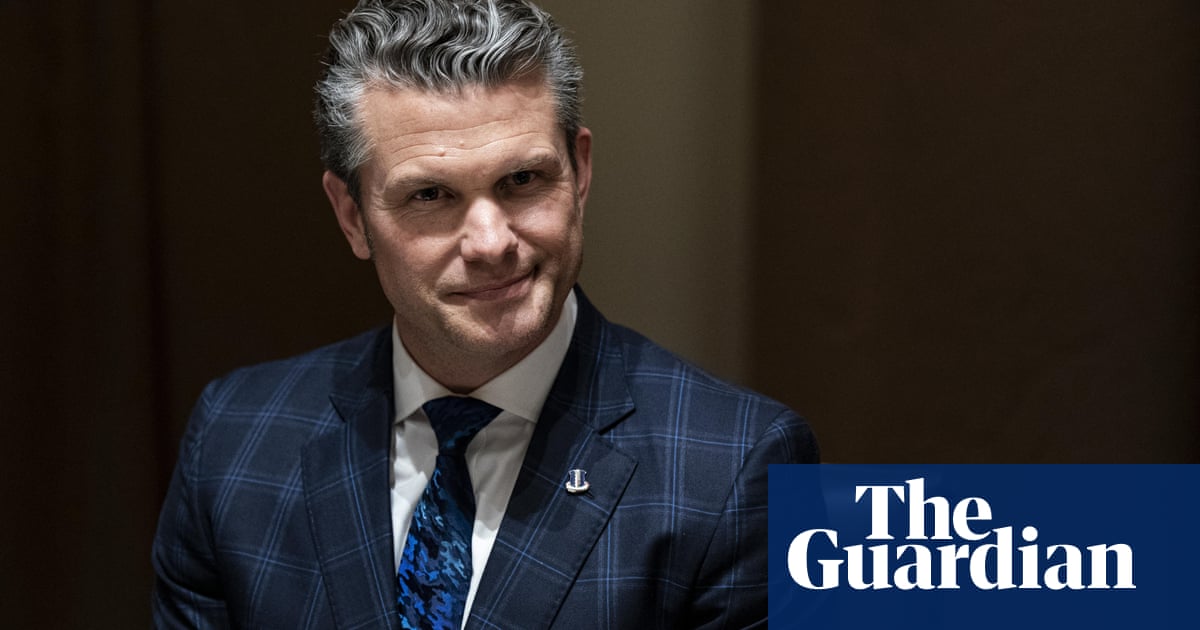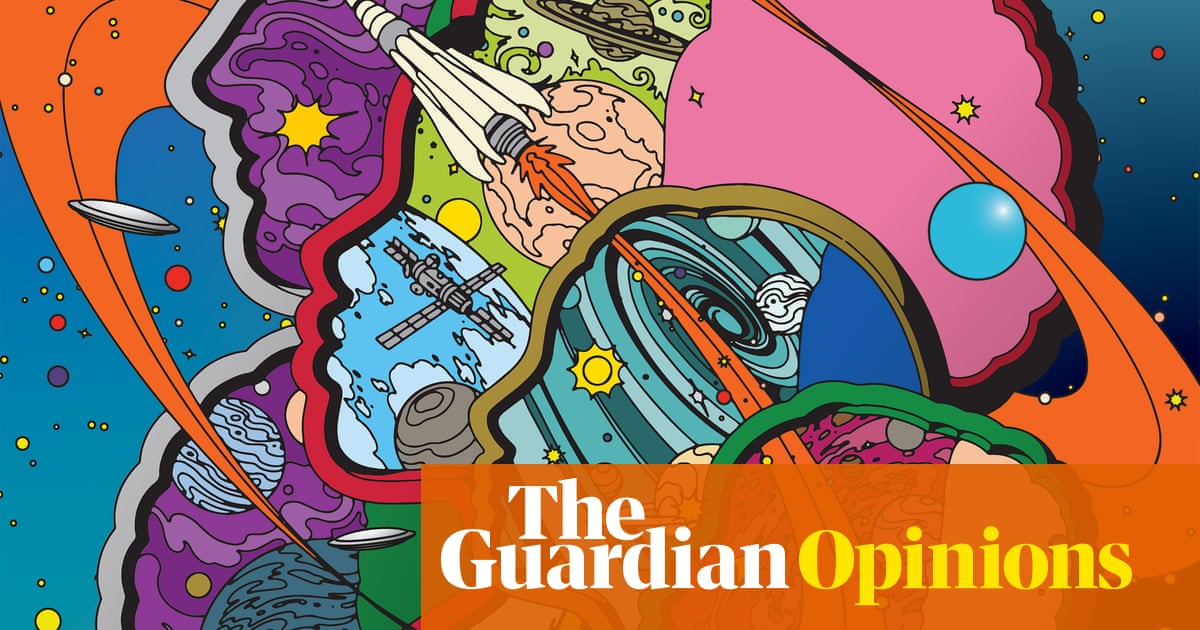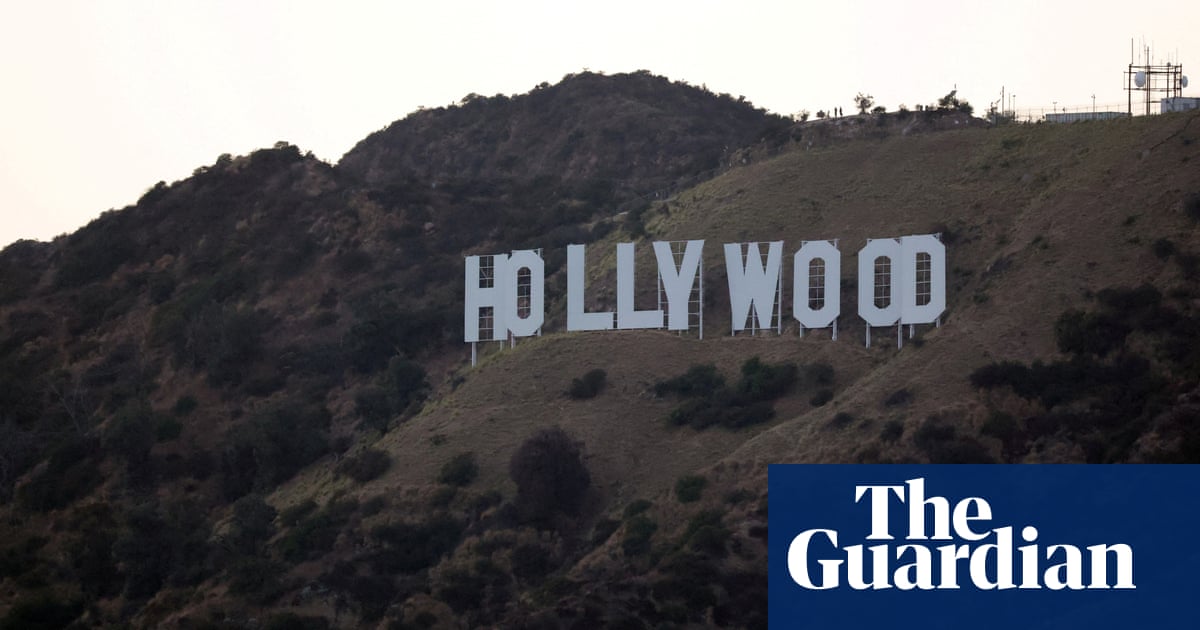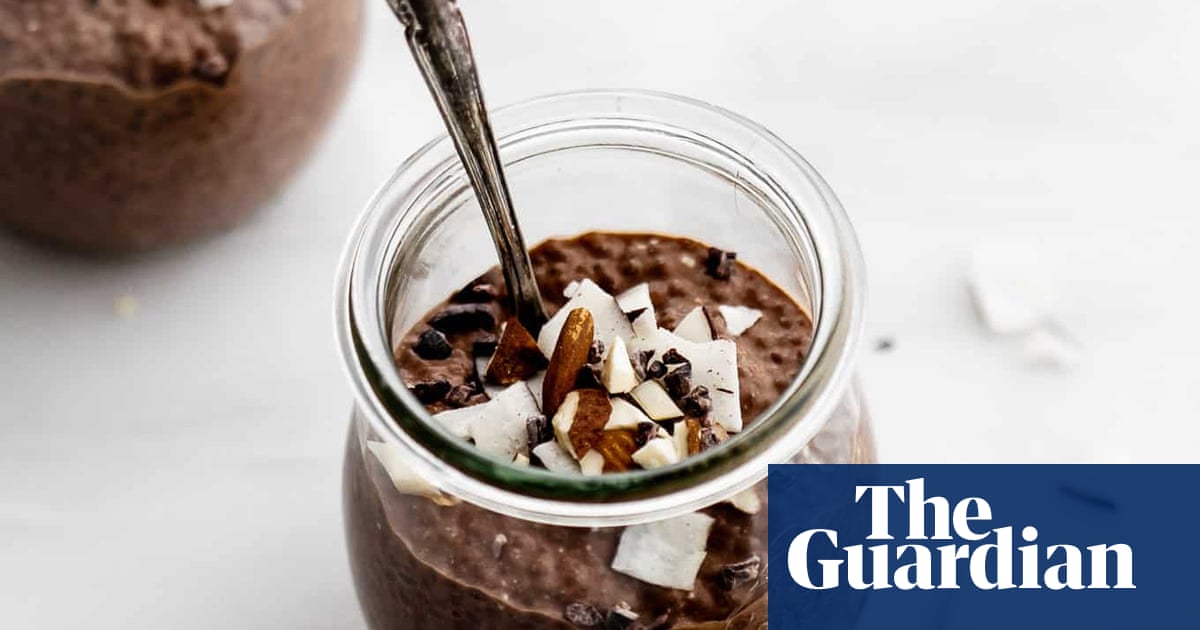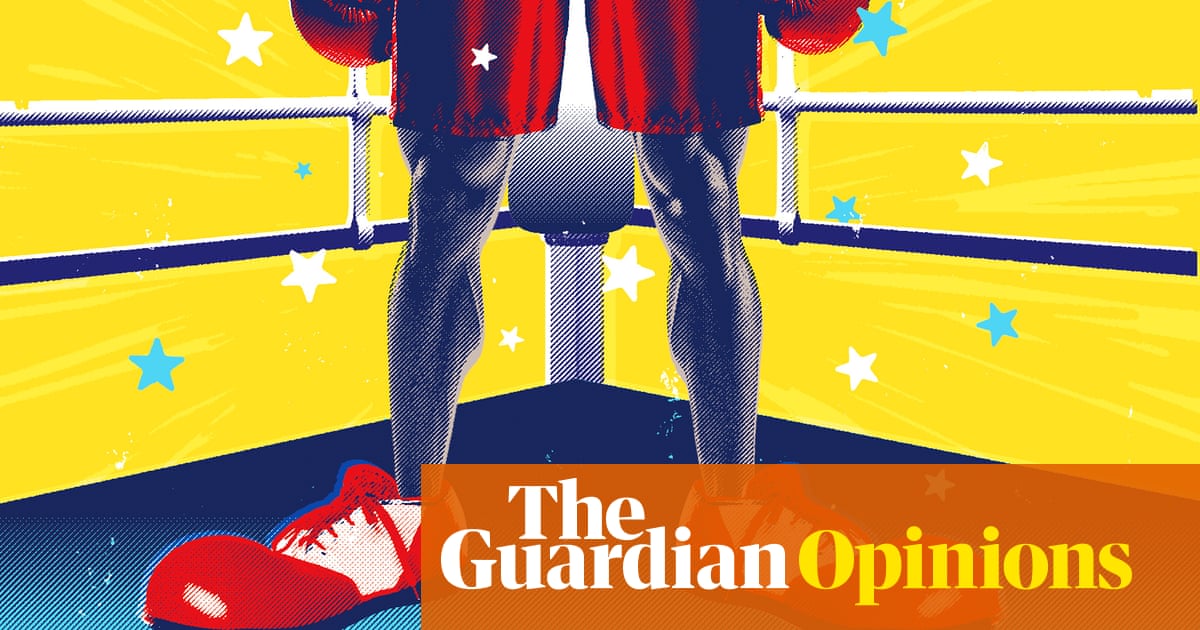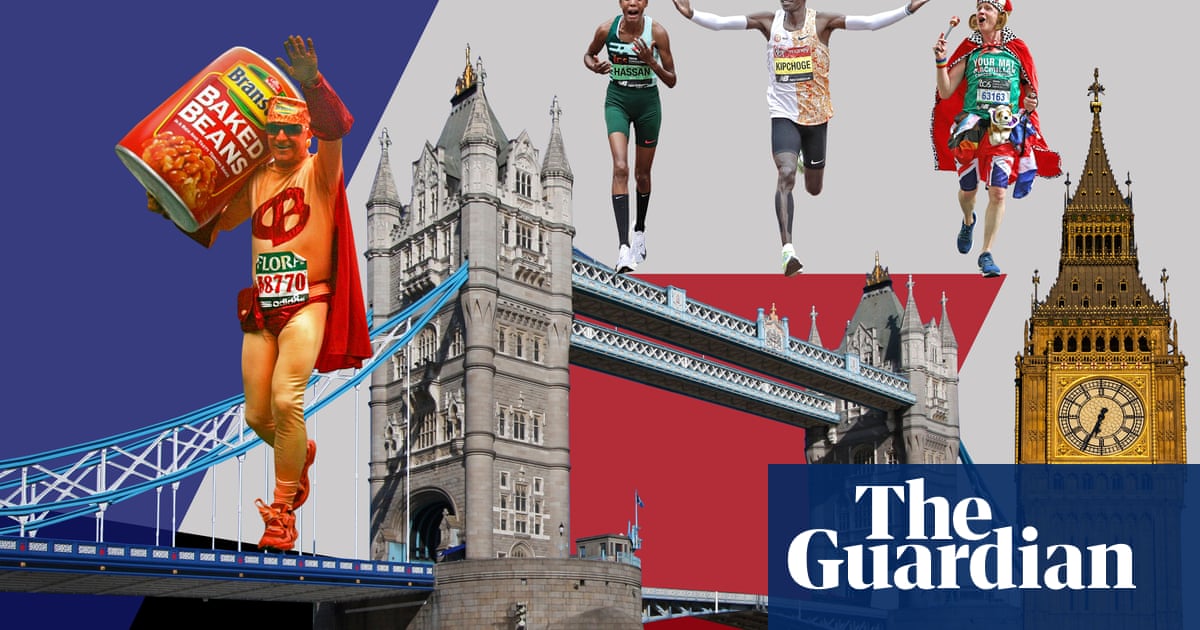Charli xcx’s Brat summer may have given way to cold winter, but the success of albums by female artists helped arrest a two-decade-long decline in sales of physical music.
Women led the way in recorded music this year, according to the British Phonographic Industry (BPI), topping the singles chart for 34 out of the 52 weeks and accounting for half of the top 20 albums for the first time.
Albums by female artists including Taylor Swift, Sabrina Carpenter, Charli xcx and Billie Eilish were the engine room of growth as combined sales of streaming and physical music rose by nearly 10% to smash past 200m albums or their equivalents as measured by the BPI.
Amid the encouraging numbers, the BPI sounded a note of warning that the government’s proposals to allow artificial intelligence firms to sidestep copyright rules put the UK’s powerhouse recorded music industry at risk.
But despite the looming digital threat, sales of analogue formats – led by vinyl – performed strongly.
Vinyl sales have risen for 17 successive years and increased rapidly again, up 9% to 6.7m units. Swift’s The Tortured Poets Department led the pack, beating Oasis’s first album, Definitely Maybe, amid excitement around the band’s reunion.
CD sales have been in steep decline in recent years but were down by just 300,000 to 10.5m, led by Coldplay’s Moon Music. Factoring in 182,000 sales in other formats such as cassettes, sales of recorded music in physical form rose by 1.4m to 17.4m, the first increase in two decades.
Streaming continued to dominate, up 11m to 178m units of what the BPI calls “album-equivalent sales”, taking the overall market to 200.5m, a rise of nearly 9.7%.
Despite the apparent health of the UK music scene, the BPI warned of the significant threat to artists posed by AI.
Jo Twist, the BPI chief executive, said the UK’s “creative output and human creativity is being placed at risk by proposed changes to British copyright law which would allow international tech giants to train AI models on artists’ work without payment or permission”.
Bodies representing creative people from the worlds of music, literature, film and photography have condemned the plans to provide a copyright exemption to allow for AI training.
after newsletter promotion
Twist said Labour’s proposals “would be the wrong way to realise the exciting potential of AI”.
“By meeting the growing global challenge head-on, tackling challenges around AI, copyright and streaming fraud, and encouraging consumers towards viable models, like paid streaming subscriptions, we can help to ensure that the value of British music is protected and that our industry can continue to grow and flourish at home and around the world,” she said.
“The UK remains a world music power, but this status cannot be taken for granted: we need a supportive policy environment that puts the focus on human artistry and enables continued investment in the next generation of British talent.”

.png) 3 months ago
33
3 months ago
33


